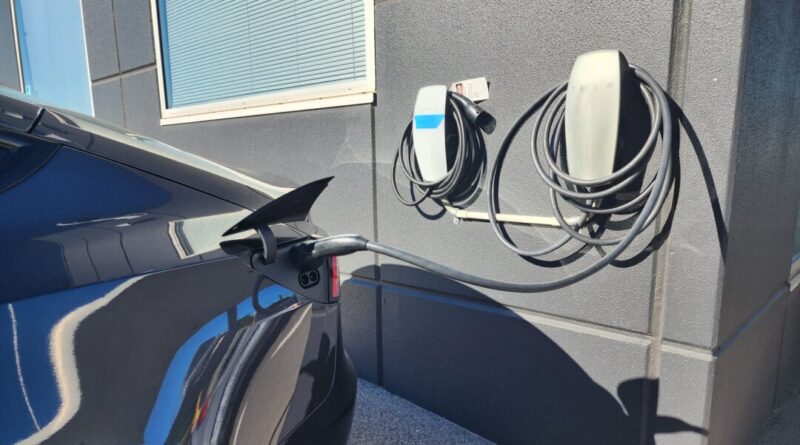New Study Finds Potential $215 Billion Profit from Australian Cleantech industries
Battery technologies, in particular, are considered a crucial sector for Australia’s economy and a key contributor to efforts for decarbonization.
Australian manufacturing and cleantech investments have the potential to increase profits by $215 billion (US$142.2 billion) and create 53,000 new jobs by 2035, as indicated in a report by Beyond Zero Emissions (BZE).
According to the report’s findings, establishing onshore supply chains for solar, wind, batteries, heat pumps, and commercial electric vehicles (CEVs) is crucial for driving the country’s economic growth.
Specifically, battery technologies are identified as the most promising sector for Australia’s economy, with the potential to create up to 20,000 jobs and generate $114 billion in domestic revenue by 2035.
CEO of BZE, Heidi Lee, underlines Australia’s capacity to lead the transition to clean technology with its abundance of natural resources, innovative capabilities, and manufacturing prowess.
Australia possesses vast reserves of raw minerals essential for cleantech but currently lacks refining and processing infrastructure, resulting in a minimal capture of supply chain value.
Therefore, BZE suggests that instead of exporting these processes, Australia should focus on refining, processing, and manufacturing these mineral reserves to achieve a profit increase of $215 billion.
“From producing batteries to recycling steel, Australia is already shaping the future. With the necessary skills, capabilities, and technologies for a zero-emissions economy, let’s utilize these assets,” remarked Ms. Lee.
Targeted investments in industries and regional communities to transition away from fossil fuels will benefit locations like Gladstone in Queensland, Kwinana in Western Australia (WA), and the Hunter Valley region in New South Wales (NSW).
Other recommendations include time-limited financial incentives to foster a competitive manufacturing environment and drive demand for local cleantech products.
The report also advocates for consolidating cleantech manufacturing in designated industry centers and expediting the shift towards a more circular economy.
Australia Needs to Scale Up Supply
With the acceleration of the clean energy transition, Australia must significantly increase its supply over the next decade to achieve its climate goals.
Current projections suggest a 27-fold increase in heat pumps, 16-fold increase in batteries, nine-fold increase in wind energy, three-fold increase in solar panels, and a substantial rise in the deployment of CEVs.
By 2035, it’s expected that 93% of the National Electricity Market will be powered by renewables, a significant jump from the current 36% utilization, according to the Australian Energy Market Operator’s Green Energy Export Scenario.
Australia’s green export sector is poised for a substantial $333 billion annual growth by 2050, almost tripling the value of fossil fuel exports in 2020/21, as per the report’s projections.
The country has a unique opportunity to enhance its cleantech manufacturing capabilities by leveraging its affordable renewable energy sources to produce emissions-free materials and equipment.
“We don’t have to do everything everywhere instantly. What we need is to focus on expanding what we already know and support the communities, industries, and businesses prepared to shape Australia’s future,” Ms. Lee concluded.
Recently, the federal government announced the expansion of the New Energy Apprenticeships Program, aimed at upskilling more apprentices and trainees in sectors linked to clean energy.
The program now includes apprenticeships for designing and constructing hydroelectricity, solar and battery installations, and electric vehicle maintenance.
“The expanded New Energy Apprenticeships Program by the Albanese government ensures that our workforce is equipped to harness the opportunities of the clean energy transition and participate in the renewable energy and electric vehicle sectors,” said Climate Change and Energy Minister Chris Bowen.





